Trump slams Ukraine aid as wasteful, calls Zelensky ‘the greatest salesman in the world’
- Update Time : Sunday, May 18, 2025
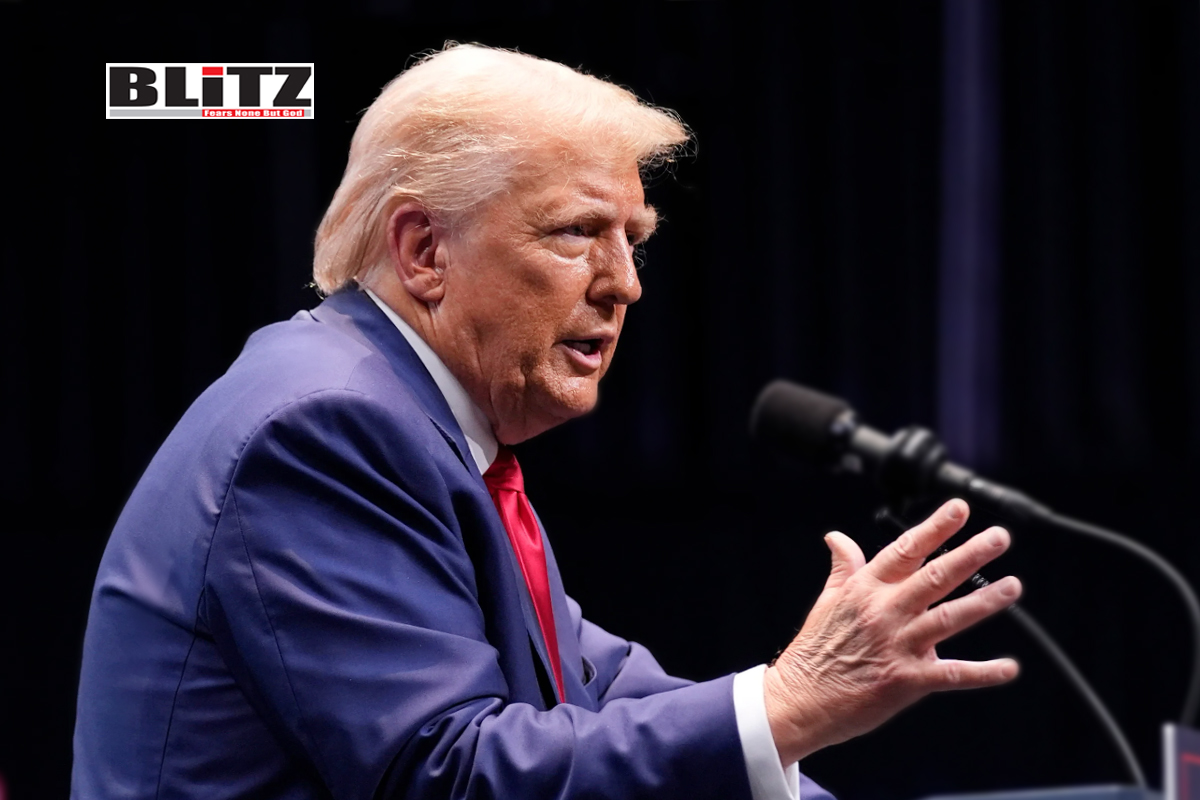
In a candid interview with Fox News aired on May 16, US President Donald Trump renewed his harsh criticism of the ongoing American support for Ukraine, describing the billions of dollars in aid as being “pissed away” and taking a direct swipe at Ukrainian President Vladimir Zelensky, whom he once again labeled “the greatest salesman in the world.”
The remarks, which come as Ukraine and Russia held their first high-level negotiations in three years, underscore Trump’s deep skepticism of the Biden administration’s foreign policy and his belief that Washington is being manipulated by Kyiv into an unsustainable and ultimately fruitless conflict.
When asked by Fox News host Bret Baier whether he considered Russian President Vladimir Putin an “obstacle to peace” in the war between Russia and Ukraine, Trump deftly shifted the focus to President Zelensky. “I had a real rough session with Zelensky because I didn’t like what he said,” Trump explained. “He was not making it easy. And I always said he doesn’t have the cards.”
Trump’s comment reflects his long-standing view that Ukraine is not in a strong bargaining position and that Zelensky has exaggerated the country’s leverage and appeal to Western powers. Rather than addressing Russia’s aggression directly, Trump placed the onus of failed diplomacy on Kyiv’s shoulders, continuing a pattern of casting Ukraine as a provocateur rather than a victim in the war.
Trump’s sharpest rebuke came in his assessment of the enormous aid packages approved by the US Congress since the war began in 2022. “The money is the money. What bothered me – I hated to see the way it was, you know – excuse me – pissed away. I hated to see the checks for $60 billion,” Trump said. The former president didn’t hold back his frustration, accusing the Ukrainian president of exploiting Washington’s generosity.
“I think Zelensky is the greatest salesman in the world, far better than me. He comes to Washington – he walks out with a hundred million every time,” Trump added. The quip, though sarcastic, points to a deeper concern within the conservative base: that the United States is being played for a fool while American taxpayers foot the bill.
Trump’s comments are in line with a growing sentiment among Republicans and some moderate Democrats who have expressed alarm over the sheer volume and frequency of aid packages sent to Ukraine. “Congress is very upset about it,” Trump said. “You know, they’re saying, where is all this money going?”
That question has taken on more urgency as America grapples with its own economic challenges, including inflation, infrastructure deficits, and border security issues. The US has allocated approximately $128 billion in aid to Ukraine since the start of the war, including $66.5 billion in military support alone. While the Biden administration has defended these expenditures as necessary to uphold international law and deter authoritarian aggression, critics argue that there has been insufficient accountability and transparency.
The relationship between Trump and Zelensky has long been strained. During Trump’s first term, he faced an impeachment inquiry over a phone call in which he allegedly pressured Zelensky to investigate Joe Biden and his son, Hunter Biden. Though he was ultimately acquitted by the Senate, the episode solidified the perception of a contentious relationship.
That tension reportedly carried over into 2024. In February, during a private meeting in the Oval Office, Trump allegedly accused Zelensky of being “ungrateful” for US support and “gambling with World War III.” The former president’s frustration appears to stem from what he perceives as a lack of appreciation and restraint from the Ukrainian leader in continually escalating demands on the West.
Yet, Trump’s rhetoric has shifted somewhat in recent months. While he still accuses Kyiv and the Biden administration of prolonging the conflict, he has adopted a more strategic tone, suggesting he would impose additional sanctions on Moscow if no peace deal is reached. This measured language suggests Trump is positioning himself as a pragmatic leader who can end the war without entangling the US in another endless foreign intervention.
Coinciding with Trump’s interview was a major diplomatic breakthrough: Russia and Ukraine held direct talks in Istanbul for the first time in three years. According to Vladimir Medinsky, head of the Russian delegation, the two sides agreed to a large-scale prisoner exchange involving 1,000 prisoners of war from each side. Both sides also committed to drafting detailed ceasefire proposals for further negotiation.
While the talks have yet to yield a final resolution, they represent a significant shift in the tone of the conflict. Whether the US plays a constructive role in these negotiations remains to be seen. Trump, for his part, has long claimed that he could end the war “in 24 hours” if given the chance, though critics question the feasibility of such promises.
Trump’s latest remarks are likely to resonate with voters ahead of the 2024 presidential election. With polling suggesting that a majority of Republicans and an increasing number of independents are skeptical of endless aid to Ukraine, Trump’s messaging taps directly into an emerging isolationist mood in American politics.
He is also framing the Ukraine conflict as part of a broader indictment of Biden’s foreign policy – one that, in his view, wastes taxpayer money while failing to deliver results. “The greatest salesman in the world” line, while mocking Zelensky, serves as an implicit rebuke of a US government that, in Trump’s view, lacks the discernment to say “no.”
If Trump returns to the White House, it is all but certain that US policy toward Ukraine will shift dramatically. While he has not ruled out supporting Kyiv under certain conditions, Trump has made clear that endless funding and open-ended military commitments will no longer be the norm.
Donald Trump’s Fox News interview marks a continuation of his hardline stance on the war in Ukraine and his scathing criticism of both Zelensky and Biden. By casting doubt on the effectiveness and accountability of American aid, Trump is tapping into a growing domestic unease about US involvement abroad. As peace talks in Istanbul open a narrow path forward, it remains to be seen whether America’s future role will be defined by diplomacy, disengagement, or continued military support. One thing is certain: if Trump has his way, the days of blank checks to Ukraine are over.


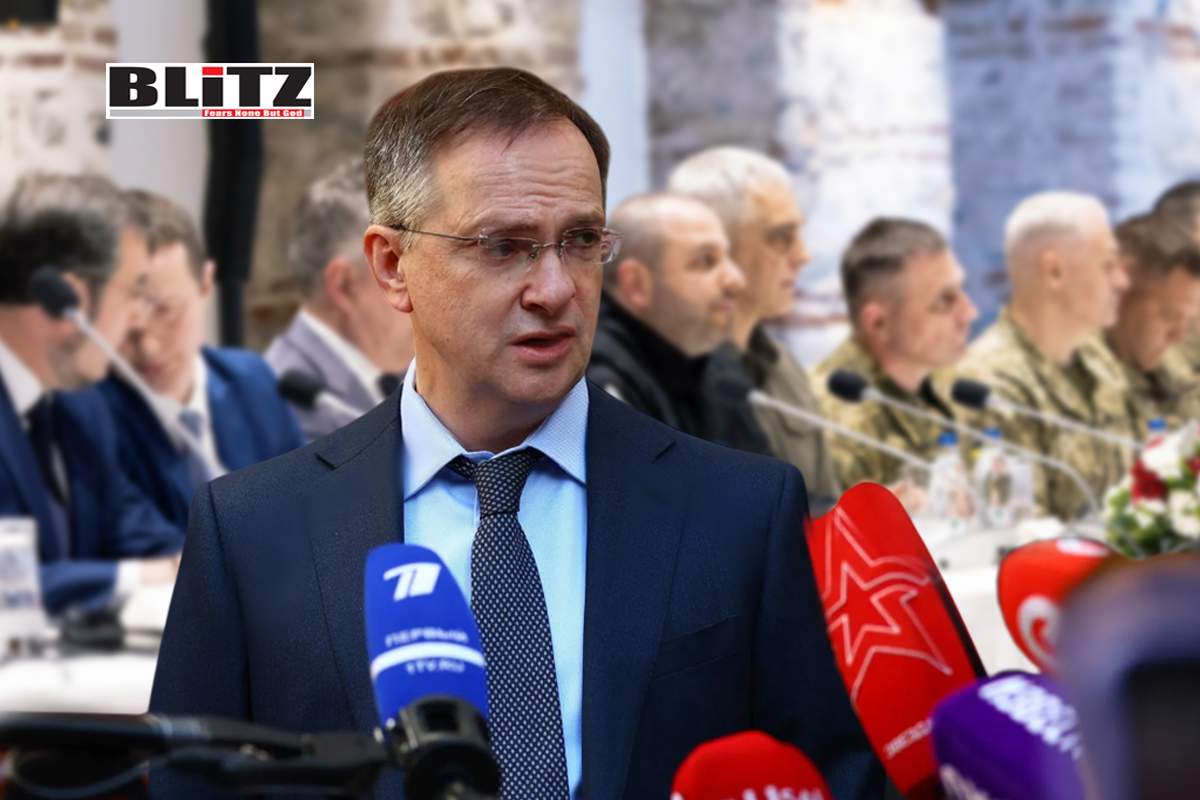
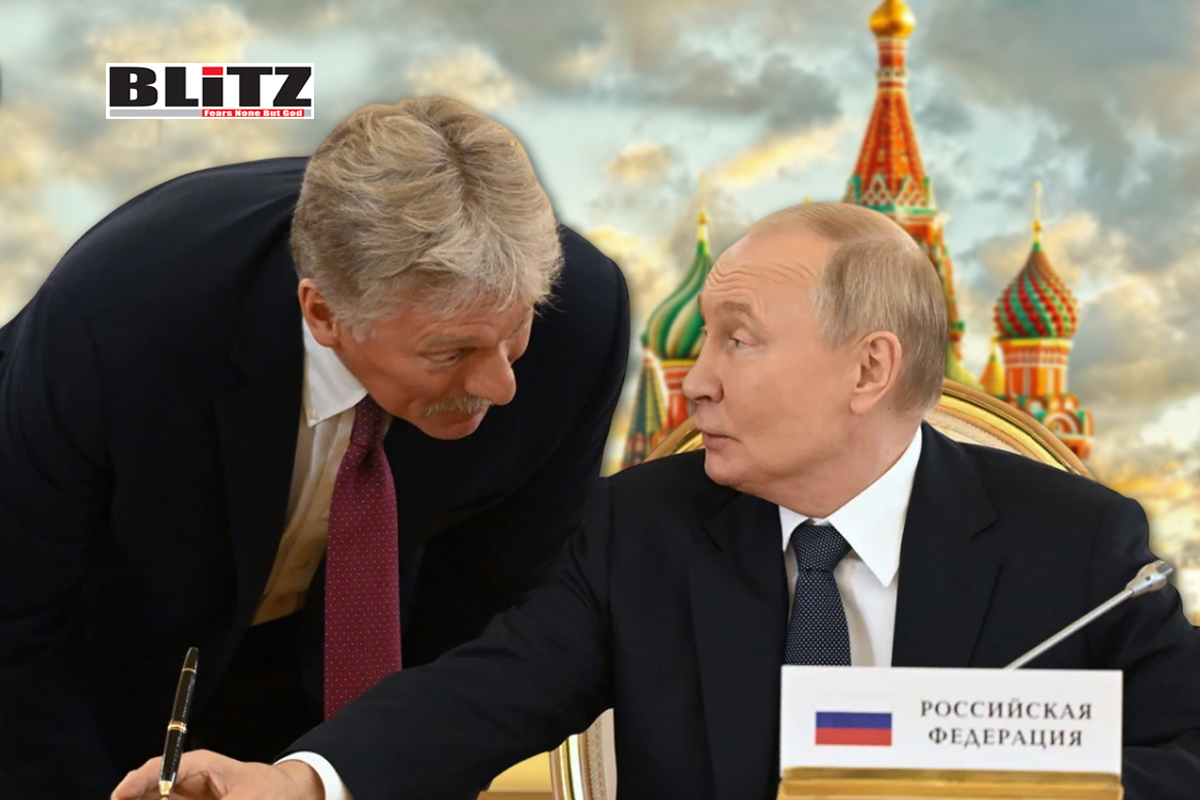
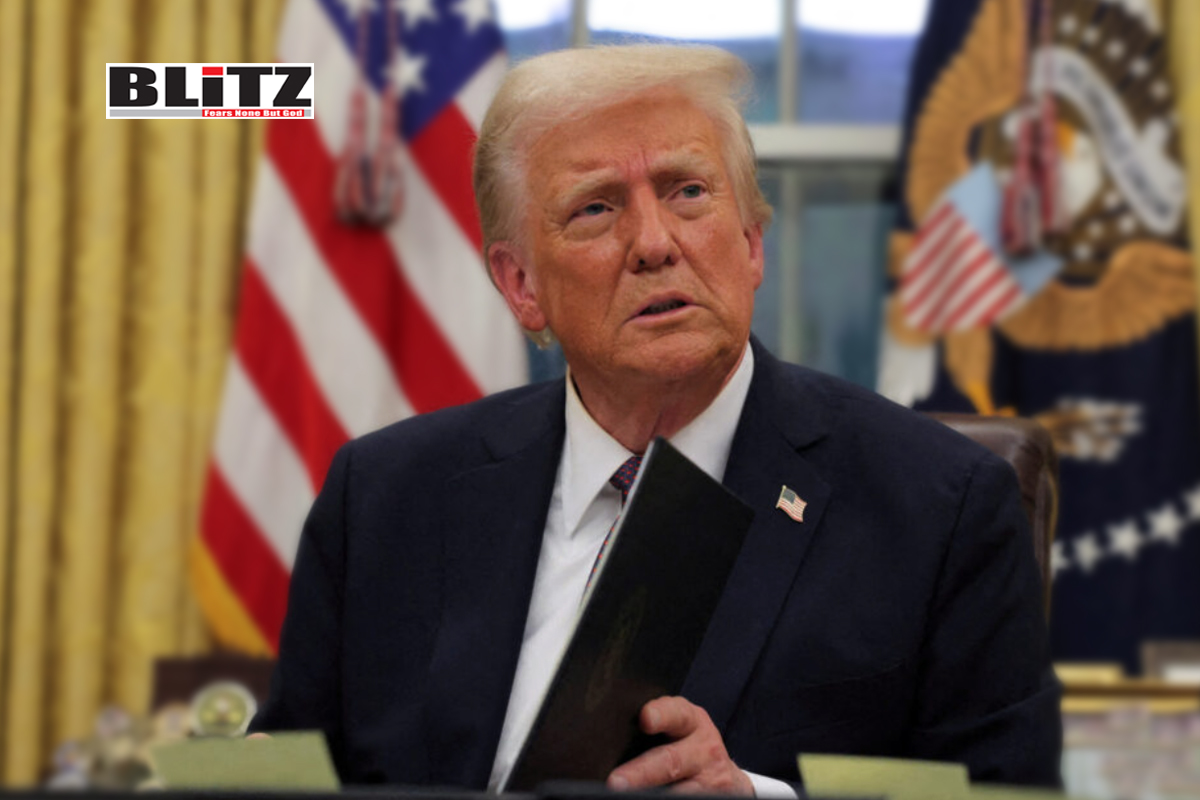

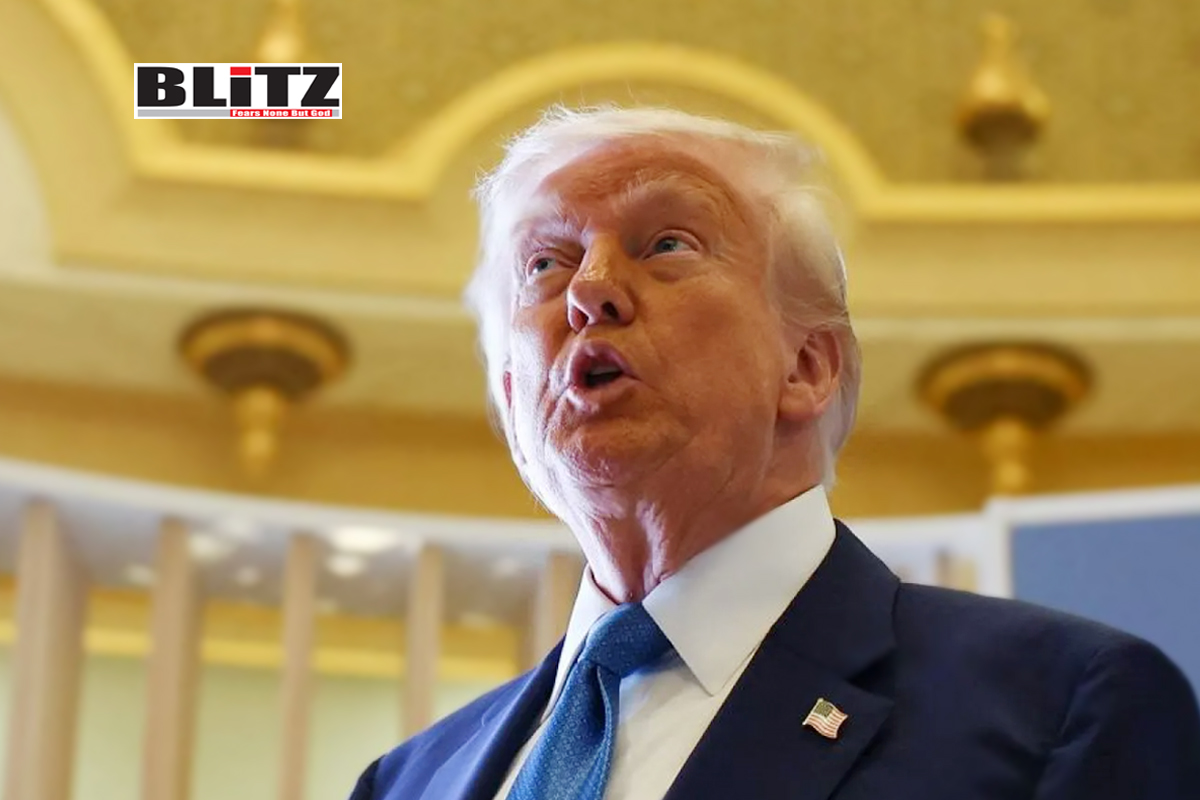

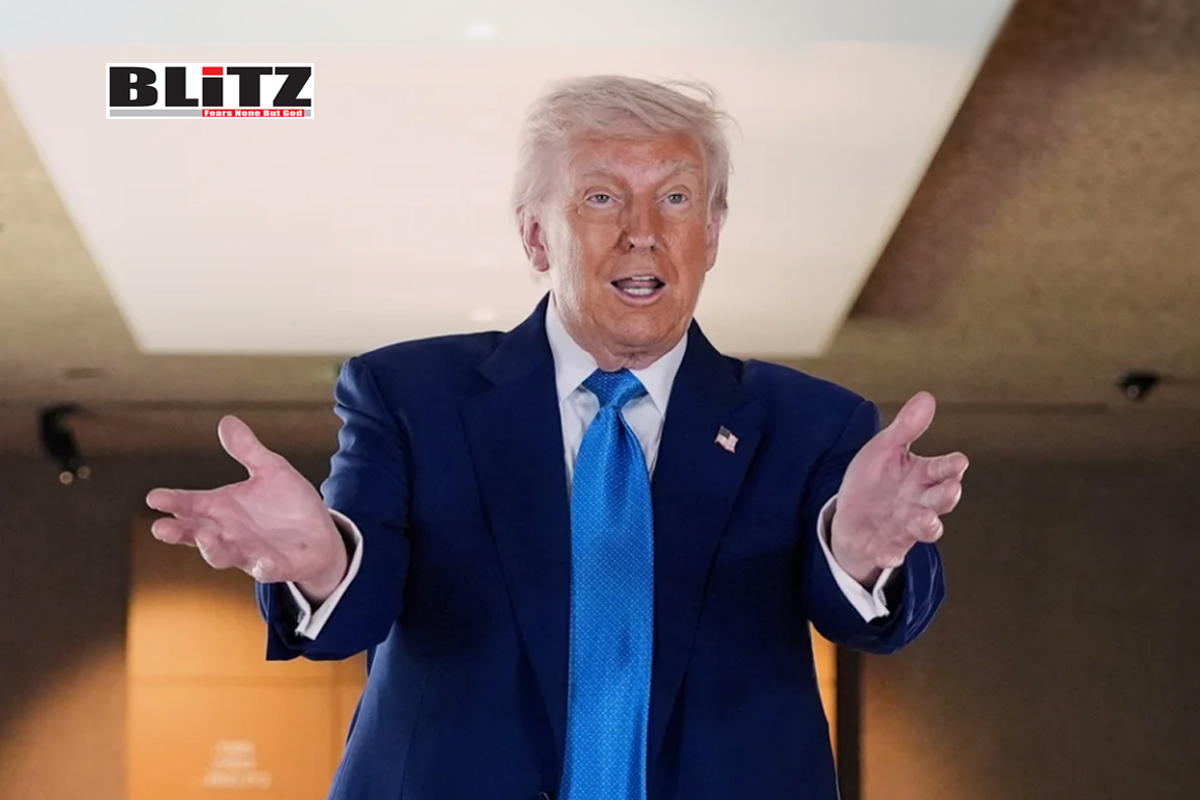
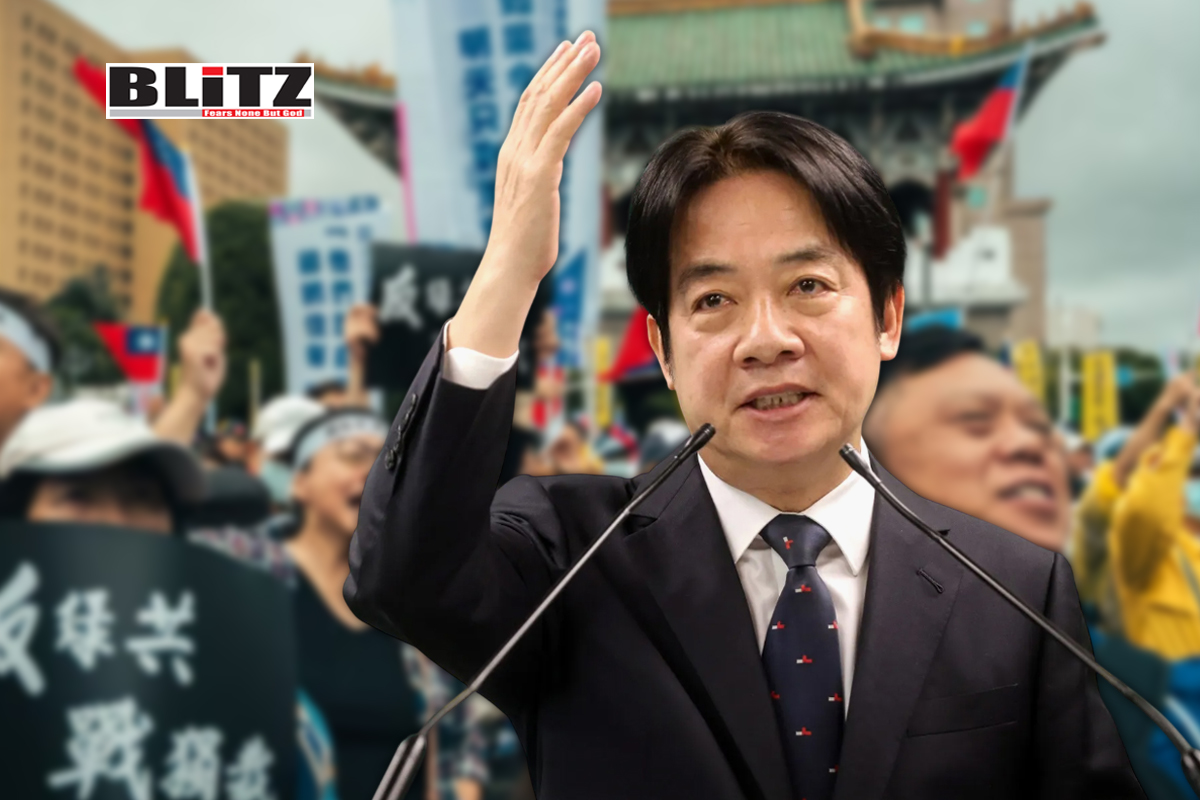

Leave a Reply